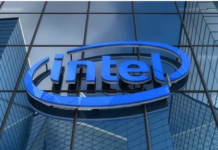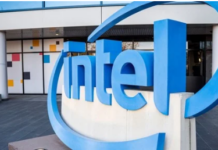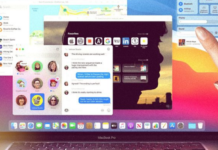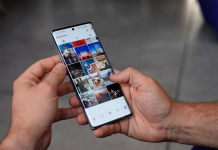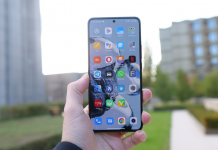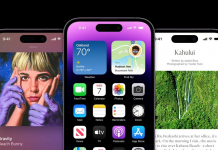Google today announced its support for interoperable end-to-end encrypted communication between large messaging platforms, with plans to integrate the MLS protocol into Google Messages and Android.
This commitment moves in the direction of the European Union’s Digital Markets Act, and indeed regulation would require iMessage to be interoperable with other messaging platforms. This interoperability requires open and validated standards, particularly in the areas of privacy, security, and end-to-end encryption. Otherwise, encrypted end-to-end group messaging and other advanced features would be “impossible in practice.”
The Internet Engineering Task Force (IETF) MLS protocol is the key to encrypted E2E interoperability. To achieve interoperable end-to-end encrypted messages, Google refers to the Internet Engineering Task Force (IETF) RFC 9420 Message Layer Security (MLS) specification. Google says MLS would enable convenient interoperability between services and platforms, scaling to groups of thousands of multi-device users. This could open up a vast field of new opportunities for users and developers of interoperable messaging services who adopt it.
MLS is also flexible enough to allow vendors to address emerging threats to user privacy and security, such as quantum computing. Google plans to integrate MLS into its Messages application, which currently offers end-to-end 1:1 encrypted and group chats via RCS, and “will support its broad implementation in the industry by sharing our implementation code within the Android source code.” How RCS will fit into this context remains to be seen. The inclusion of MLS in Google Messages is an important step towards more secure and interoperable communication between different messaging platforms.
Standardizing MLS will enable developers to create end-to-end encrypted messaging experiences that scale to groups of thousands of multi-device users.



